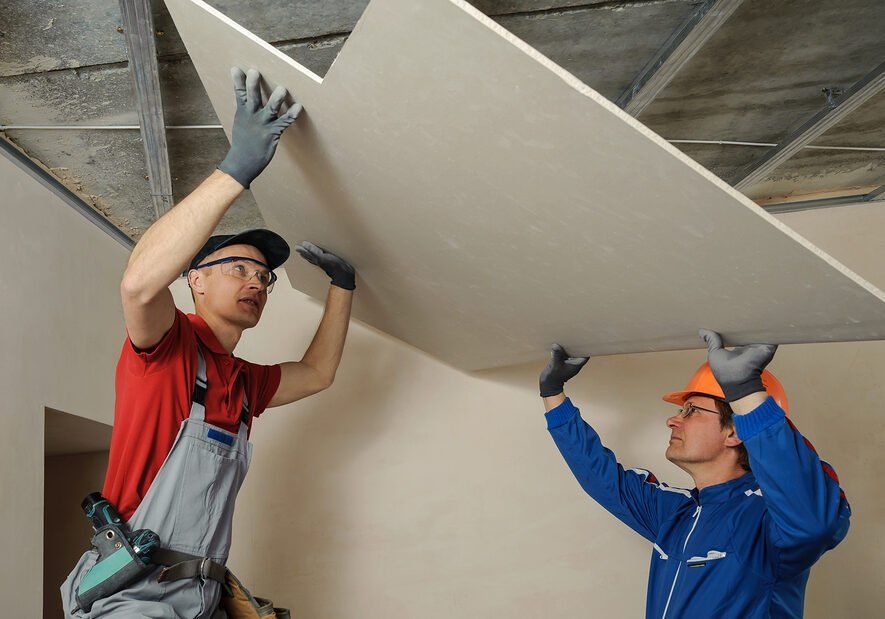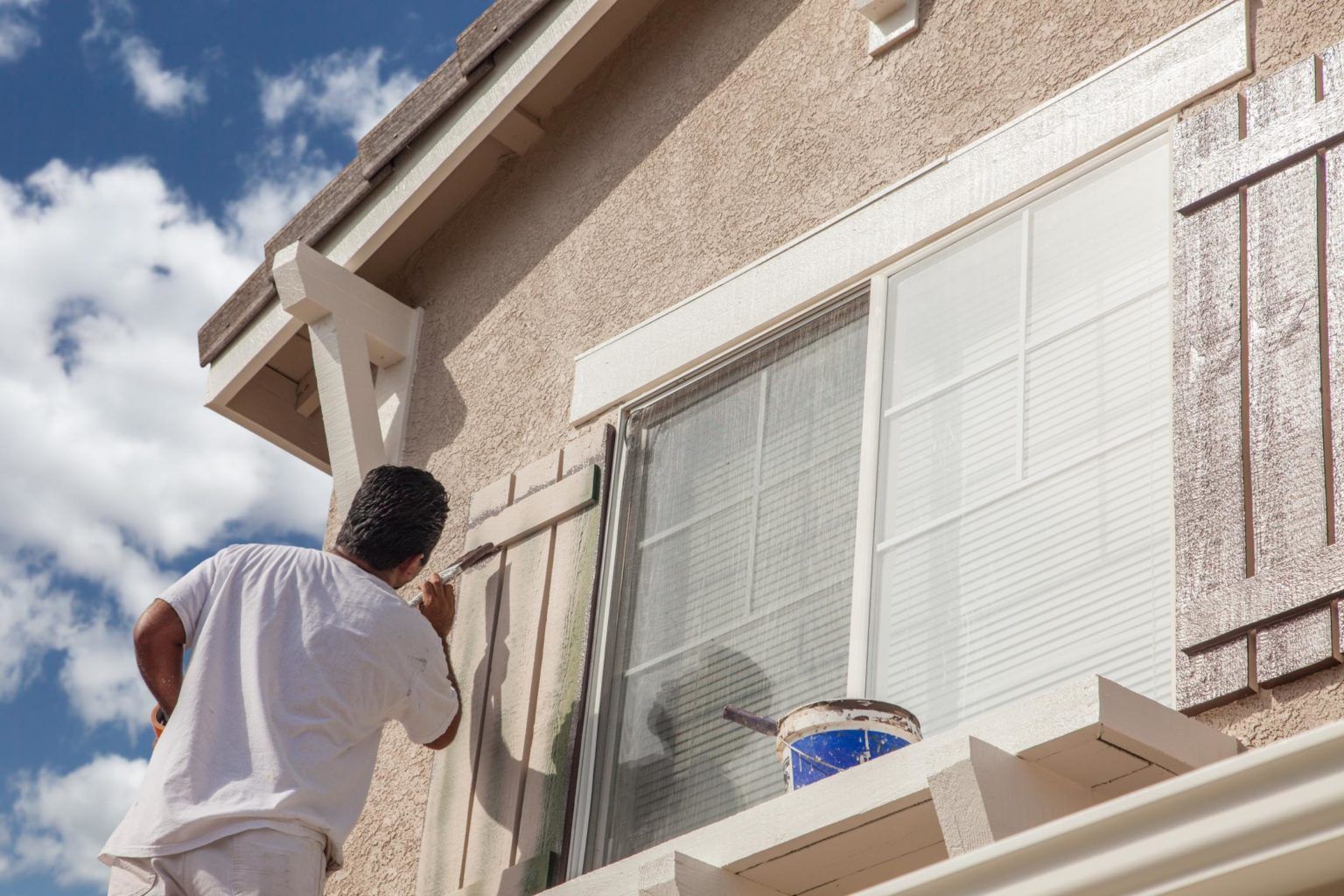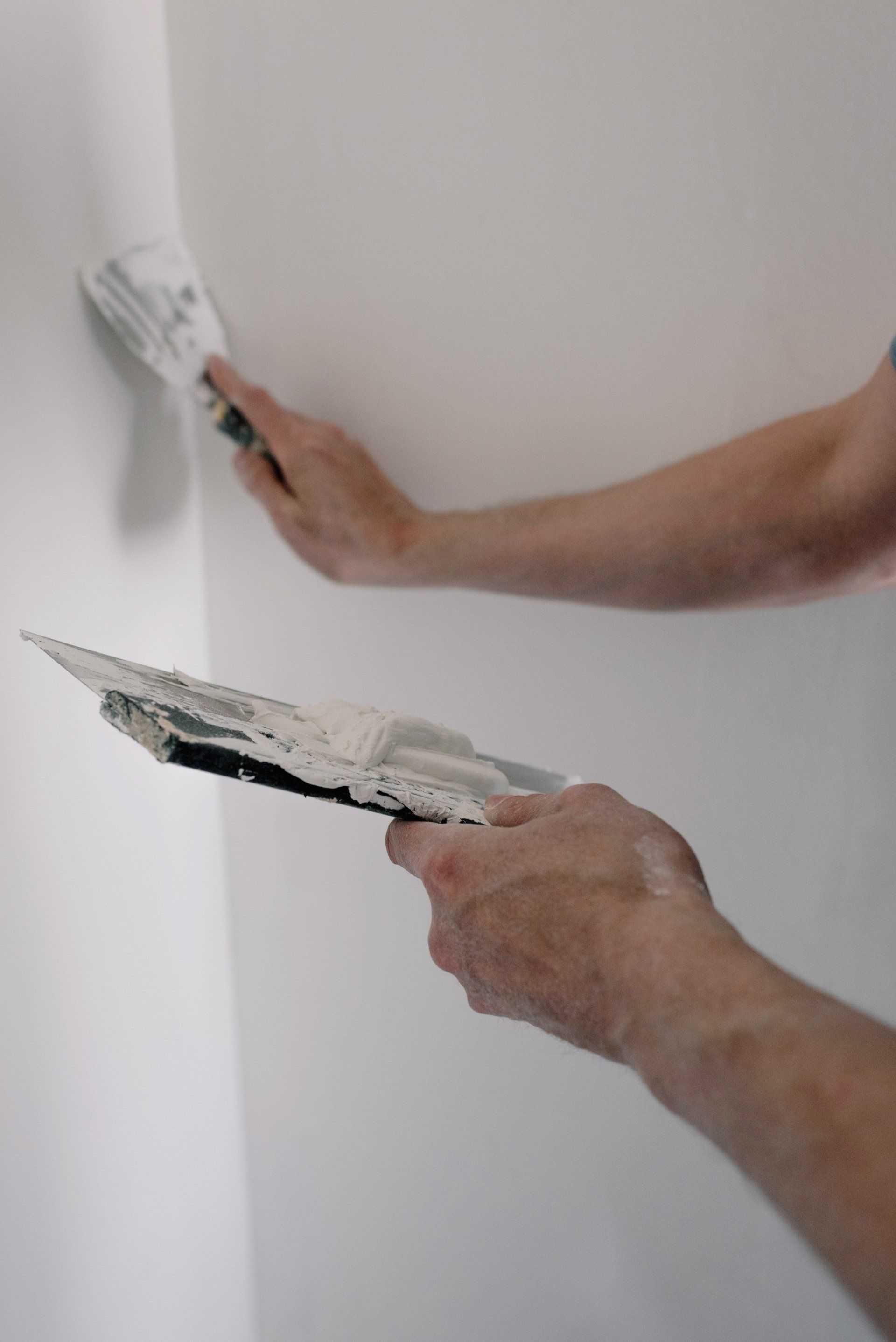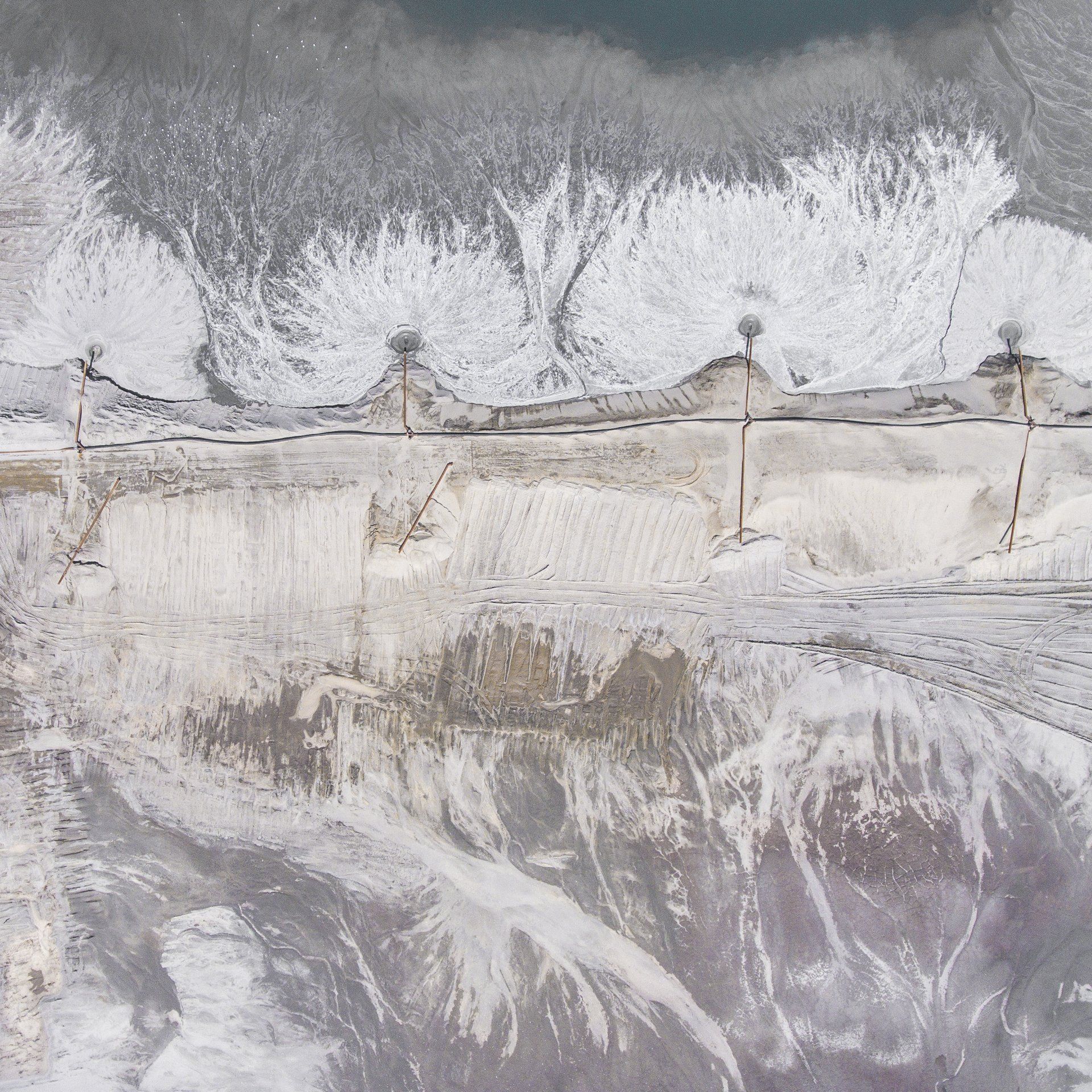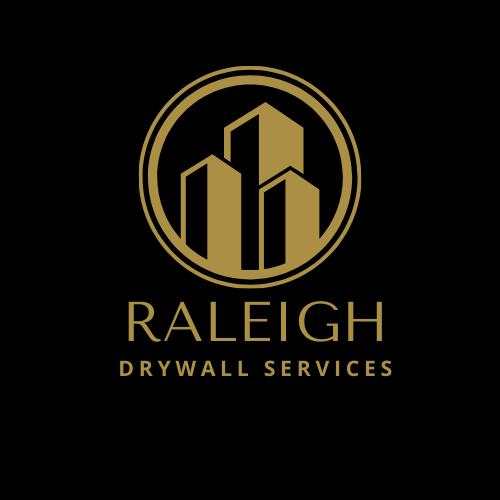Complete Guide to Spray Foam Insulation: Types, Costs & Lifespan
Maximizing Efficiency with Spray Foam: Costs, Types & Longevity Explained
Spray foam insulation is becoming a popular solution for homeowners who are serious about energy efficiency, durability, and long-term savings. Understanding the types, costs, and lifespan of spray foam insulation will help you make an informed decision for your next home improvement project. In this guide, we’ll break down the key features of spray foam insulation, compare open cell spray foam insulation and closed cell spray foam, and discuss cost factors and long-term benefits.
As you weigh the options, consulting a professional can help ensure that you choose the right type of insulation for your home and that it’s installed properly for optimal performance. By understanding these key differences and how they impact insulation performance, you’ll be better equipped to choose the best option for your specific needs, ensuring maximum comfort and savings in your home.

Types of Spray Foam Insulation
When considering spray foam insulation for your home, you have two primary options: open cell spray foam insulation and closed cell spray foam. Each type offers specific advantages depending on your insulation needs, such as energy efficiency, soundproofing, and structural support.
Open-Cell Spray Foam Insulation
Open cell spray foam insulation is a lightweight, flexible foam that excels at soundproofing. Its structure consists of cells that are not fully closed, which allows air to penetrate the material. This makes it ideal for indoor use, especially in areas where sound control is a concern, such as living rooms and bedrooms. While it is less dense than its closed-cell counterpart, it offers good thermal resistance and is often more affordable.
Best Uses:
- Interior walls
- Ceilings
- Attics where soundproofing is needed
Closed-Cell Spray Foam Insulation
Closed cell spray foam, on the other hand, is denser and provides excellent moisture resistance. The tightly packed cells give this insulation a higher R-value, meaning it offers better thermal performance. This makes it ideal for exterior walls, roofs, and areas prone to moisture, such as basements and crawl spaces.
Best Uses:
- Exterior walls
- Basements
- Roofs and crawlspaces where moisture is a concern
Cost Breakdown: Factors Influencing Spray Foam Insulation Costs
The costs of spray foam insulation can vary based on several factors, including the type of foam, the size of the area being insulated, and labor. It’s important to understand these cost factors so that you can better plan your budget.
Factors Affecting Spray Foam Insulation Costs
Several key factors influence spray foam insulation costs, including:
- Property size: Larger areas require more material and labor.
- Type of insulation: Open cell spray foam insulation is generally less expensive than closed cell spray foam due to the density difference.
- Labor costs: Hiring professional contractors near me can vary depending on location and company rates.
- Location: The overall cost may differ based on where you live. For example, the rates for general contractors Raleigh, NC, can differ from other regions.
On average, spray foam insulation pricing ranges between $1.50 and $5 per square foot, with closed cell spray foam costing more than open cell spray foam insulation. If you search for spray foam companies or contractors near me, you can get a more accurate estimate for your specific location.
Cost Comparison with Traditional Insulation
Compared to traditional materials like fiberglass or cellulose, foam insulation has a higher upfront cost but offers substantial long-term savings. Traditional options like fiberglass may cost between $0.40 and $2 per square foot, but the energy savings and durability of spray foam often justify the initial investment.
Rebates and Incentives
In some cases, you may qualify for government rebates or energy-efficient tax credits to help offset the spray foam insulation costs. Be sure to check with local authorities or your utility provider for any available incentives.
Lifespan of Spray Foam Insulation
One of the greatest benefits of spray foam insulation is its longevity. Both open cell spray foam insulation and closed cell spray foam can last for decades when installed correctly, offering a lifespan of up to 80 years or more.
Factors Affecting Longevity
Several factors impact how long your insulation will last, including:
- Installation quality: Poor installation can lead to gaps or insufficient coverage, reducing the insulation’s effectiveness.
- Climate: Extreme weather conditions can affect the durability of any insulation material.
- Maintenance: Regular inspections can help identify any moisture issues or air leaks that may affect the foam’s lifespan.
With proper care and attention, spray foam insulation can significantly outlast traditional materials like fiberglass, which may degrade or lose effectiveness after just 15 to 20 years.
Long-Term Benefits of Spray Foam Insulation
Energy Savings Over Time
The long lifespan of spray foam insulation translates into substantial energy savings over the years. By maintaining a consistent indoor temperature, your heating and cooling systems won’t have to work as hard, reducing your energy bills. If you’re searching for "drywall repair near me" or "drywall company near me" to address areas that need insulation, this is a worthwhile investment.
Reduced Need for Replacement
Unlike traditional insulation materials, which may require replacement every 15 to 20 years, foam insulation typically does not need to be replaced as often. This means lower maintenance costs and less disruption to your home.
Environmental Impact
By choosing spray foam, you’re also making an environmentally responsible choice. The longevity of spray foam reduces the need for frequent replacements, which minimizes waste and contributes to a more sustainable home.
Making the Right Choice: Is Spray Foam Insulation Worth It?
Who Should Choose Spray Foam?
If you're considering upgrading your home’s insulation, spray foam insulation is worth considering for several reasons. Homeowners who are planning significant home improvement projects, those with older homes that need better insulation, or those living in areas with extreme climates will benefit the most from this investment.
- Homeowners in humid climates: If moisture is a concern, closed cell spray foam offers superior protection.
- People looking for energy efficiency: For those focused on reducing their energy bills, the initial cost of spray foam insulation will pay off in the long run.
- Searching for “drywall repair Raleigh NC” or “general contractors Raleigh, NC”: Many local contractors offer spray foam insulation services in areas like Raleigh, NC, making it easier to find experts nearby.
Conclusion
Spray foam insulation is a valuable investment for homeowners seeking to improve energy efficiency, reduce long-term costs, and increase their home’s value. Whether you opt for open cell spray foam insulation or closed cell spray foam, understanding the costs, lifespan, and benefits of this material will help you make the right choice for your property.
For those interested in reducing energy costs, enhancing soundproofing, or improving the structural integrity of their home, spray foam insulation is an excellent choice. Be sure to consult with spray foam companies or search for contractors near me to get personalized quotes and information.

